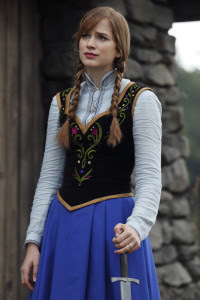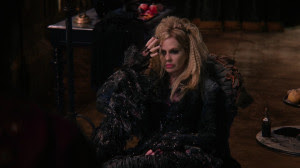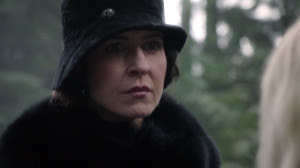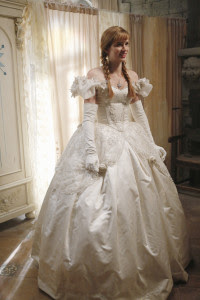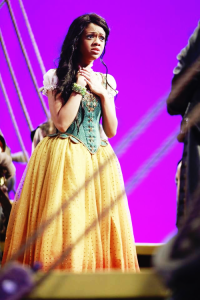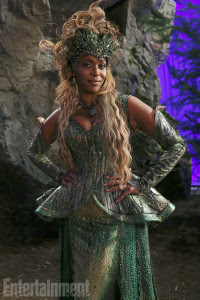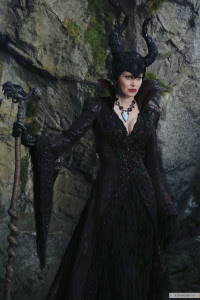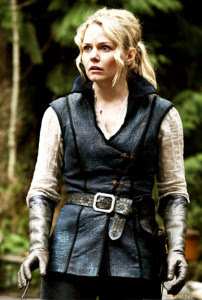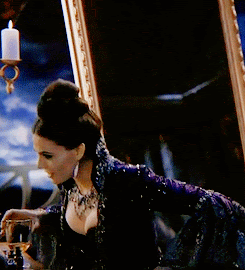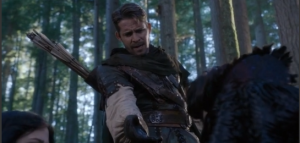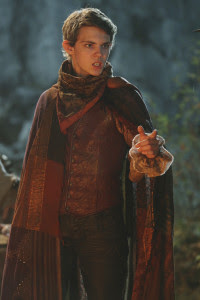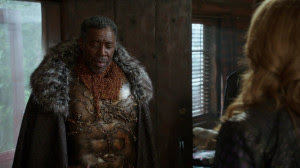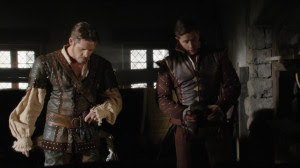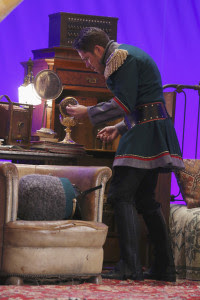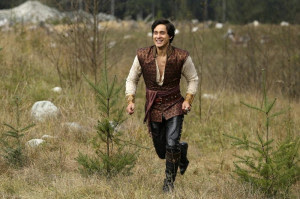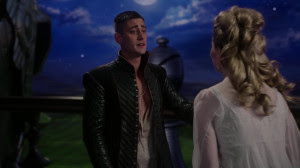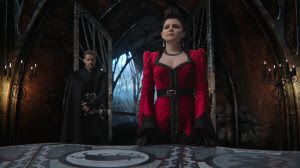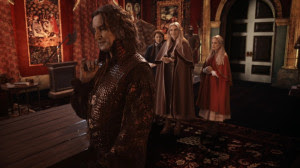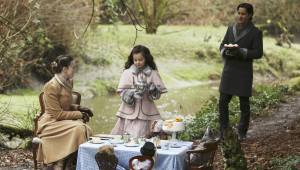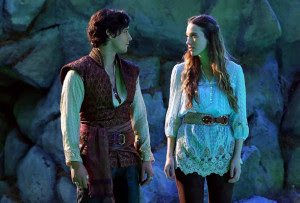"LOST" RETROSPECT: (4.08) "Meet Kevin Johnson"
Years ago, I had written an ARTICLE about the "LOST" Season Four episode, (4.08) "Meet Kevin Johnson". Instead of discussing the episode itself, my article focused on the media and fandom's reactions to it and especially their reactions to the Michael Dawson character, portrayed by Harold Perrineau. But after my recent rewatch, I decided to focus on the episode itself.
"Meet Kevin Johnson", in my personal opinion, was a very good episode. In fact, I consider it one of the better episodes from the series' fourth season and the second-best one that focused on Michael. Like Season Two's (2.07) "The Other 48 Days" and Season Six's (6.15) "Across the Sea", "Meet Kevin Johnson" featured a continuous flashback - the third longest in the show's history. Yet, screenwriters Elizabeth Sarnoff and Brian K. Vaughan had created something interesting with the episode's narrative. The continuous flashback was book-ended with present day scenes aboard Charles Widmore's freighter, the Kahana and on the island. I found this very original. But more importantly, I believe this episode featured one of Perrineau's best performances in the series, good enough for an Emmy nomination that sadly, never materialized.
My only complaint regarding "Meet Kevin Johnson" focused on its timeline. It had occurred to me that Benjamin Linus, the Others' leader, had sent Tom Friendly to New York City to recruit Michael, between the events of Season Three episodes, (3.13) "The Man from Tallahassee" and (3.19) "The Brig". Not only did I find this time period rather slim for Tom to travel to the United States and return in time for Season Three's last four or five episodes, I found myself wondering how Tom had left the island . . . following John Locke's destruction of the Others' submarine in "The Man from Tallahassee". Hmmm. It also occurred to me that roughly a month had passed between Michael and Walt's departure in the Season Two finale, (2.23-2.24) "Live Together, Die Alone" and Michael's return aboard the Kahana in (3.17) "Catch-22". I cannot help but feel that the episode's timeline may have been sketchy at best.
But I want to discuss something else about "Meet Kevin Johnson". In my previous article about the episode, I had discussed what I felt were the hypocritical reactions to Michael's character in this episode and throughout the series. After viewing "Meet Kevin Johnson", I recognized numerous instances of hypocrisy from the characters. In fact, the level of hypocrisy featured in the episode struck me as amazing.
I had a good deal of issues regarding Ben and Tom's exploitation of Michael’s guilt for killing Ana-Lucia and Libby. I realize both men had wanted to recruit him to help deal with those traveling aboard the Kahana. But every time Michael had brought up the kidnapping of his son Walt Lloyd, both men had failed to express any remorse for it. Tom had responded to Michael's accusation by gaslighting the latter over Ana-Lucia and Libby's deaths. I guess exploiting Michael's guilt was more important to him than acknowledging his own over the kidnapping. I also believe that recruiting Michael to serve as Ben's spy would have been easier for Tom if he had simply acknowledged the kidnapping and expressed remorse for it.
Ben had also gaslighted Michael. First, he had ordered Tom to instruct Michael to kill the Kahana crew. Ben even provided a package for the deed - a bomb - to Michael. Upon meeting the murderous Martin Keamy and his mercenaries, Michael had programmed the bomb to set it off. The bomb proved to be fake. Apparently, Ben wanted to prove to Michael that he was a good guy and incapable of killing others. I found this incredibly hypocritical, considering by this point, Ben already had already murdered his father years ago and God only knows how many others. And why on earth did he order Tom to instruct Michael to kill the Kahana crew in the first place? Why deliver a bomb - namely a fake one - to Michael? What made this whole situation so ironic is that in the end, Ben (with Keamy's help) proved to be the one responsible for the Kahana's destruction, along with the deaths of the remaining Kahana crew and Michael, when he killed Keamy inside the island’s Orchid Station. Hell, it took Ben another six years to finally express any remorse over Walt’s kidnapping.
Then we have Oceanic survivors Sayid Jarrah and James "Sawyer" Ford. Both men had condemned Michael for his actions in late Season Two, when they discovered he was among the Kahana crew. When Ben had informed some of the Oceanic castaways at the Others' abandoned barracks that Michael was serving as his spy aboard the Kahana, Sawyer had accused Michael of killing Libby and Ana-Lucia in order to free Ben and get off the island. Period. Nothing else. Upon discovering Michael's presence aboard the Kahana and that he was serving as Ben's spy, Sayid condemned Michael for being a traitor to the Oceanic castaways, when the latter led Sawyer, Jack Shephard, Hugo "Hurley" Reyes, and Kate Austen into a trap set by the Others in "Live Together, Die Alone". Sayid even turned Michael over to the freighter’s captain.
And yet . . . not once did Sawyer or Sayid ever mention Walt. Not . . . fucking . . . once. I found it odd that Sawyer had forgotten that Michael's actions had stemmed from his desire to rescue Walt from the Others’ clutches. I find this odd and very hypocritical, considering he had called himself killing Tom in retaliation for Walt's kidnapping. What made this reasoning dubious to me is that Sawyer never went after Ben for the kidnapping . . . the very man who had ordered the kidnapping in the first place. As for Sayid . . . he had learned about Naomi Dorrit's lies, witnessed Daniel Faraday's lies and Miles Strume's hostility on the island. Aboard the Kahana, Sayid had witnessed Captain Gault and other crewmen engaged in strange behavior. He also met Keamy and his fellow mercenaries aboard the Kahana. This should have made Sayid more leery of the Kahana crew. Instead, he became outraged over Michael working for Ben and exposed his fellow Oceanic castaway to the Kahana’s captain. He and accused Michael of not only working for Ben, but also for being a traitor to his fellow castaways. It finally occurred to me that ever since Shannon Rutherford's death in early Season Two, Sayid had developed a toxic obsession and hostility toward Ben Linus - which finally spilled over in late Season Five. It also occurred to me that neither Sawyer or Sayid had ever mentioned Walt or the kidnapping. Nor did either of them ever expressed concern or curiosity about his post-island life. Come to think of it, even Michael had his own hypocritical moment, when he accused Ben of being responsible for Ana-Lucia and Libby's deaths. I believe he wanted to blame Ben for driving him into committing his crimes in (2.20) "Two for the Road".
As I had stated earlier, I believe "Meet Kevin Johnson" was a pretty good episode and probably one of the better ones from Season Four of "LOST". I also noticed the episode reeked with hypocrisy - especially from characters like Benjamin Linus, Tom Friendly, Sayid Jarrah and James "Sawyer" Ford. I do not know if anyone else would regard their behavior and comments as hypocritical or view this all as the screenwriters' questionable writing. Oh well . . . I know how I feel.



















